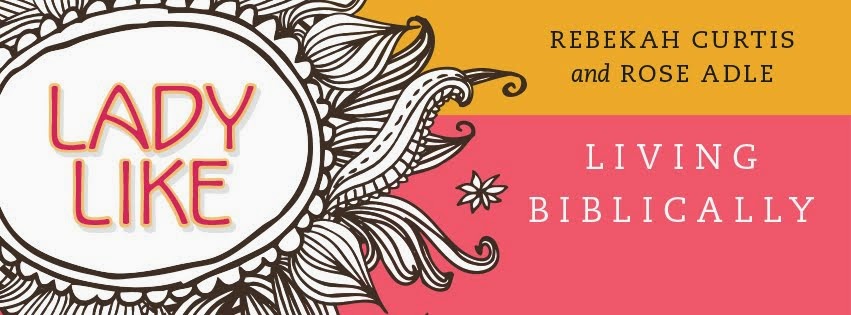Here is a brief entry:
Texas has a babe governor. This is Looney Toons. END COMMUNICATION.
OK, OK.
Texas has a woman governor. The Associated Press announces from Austin under date of January 20 [1925]: "On this day a woman assumes the gubernatorial seat of Texas, which heretofore has been occupied only by men." There are other things which offer even more definite proof that even before its end the world has completely lost all common sense. (Franz Pieper, "Kirchlich-Zietgeschichtliches: Texas hat einen weiblichen Gouverneur," Lehre und Wehre, LXXI (Feb. 1925), 61.)
Huh.
Every time has its assumptions, and clearly the quote is making an assumption. It assumes that all reasonable people will be able to see exactly what is wrong with a woman being elected governor.
Let's be honest. We can't see it. Tons of us were pulling for Sarah Palin and liking Nikki Haley and hoping for Carly Fiorina. What we see is exactly what's wrong with thinking there's anything wrong with a woman being elected governor. The times, they have a-changed.
So why did they think that way?
They had a different status quo. This is not to endorse a romantic love of the past, but an historical respect. Here are the reasons as well as I am able to see them, which is likely still not that well.
At that time,
1. it made no economic sense for married women to be publicly employed in the same way that men were; that is, as a primary, external household income rather than a supplemental, internal one. Who would care for her children if she were publicly employed? Who would pay for that care if she were not of substantial means?
2. it made no practical sense. Women are generally less reliable employees because they prioritize being reliably available to family members and even friends, for which we are all grateful when we find ourselves in need of a reliably available family member or friend.
3. it made no social sense (which is of staggeringly less consequence in material terms; ie, the only terms that amount to much meaningful in the lived human experiment). Men are the heads of households (at the time, this was still generally accepted outside the church). The state is society's household. Synthesize.
4. it made no spiritual sense. God is our Father, and the government shall be upon HIS shoulders. No accident of pronominalism there.
Human existence will bear a tremendous amount of stress and experimentation, but reality will always prevail. So we'll see, or our descendants will.
We can only be offended by what our forebears thought if we believe them to have been either quite stupid, or malicious. I just plain don't believe that. I think they were people like we are: analytical, sympathetic, and repentant. Because I think that, I think it is very important that we try to understand the ways they thought that were radically different from our status quo. In 1925, a woman governor was as nonsensical to our great-grandfathers in the faith as gay marriage was in the general population only 30 years ago, or allowing boys to use girls' locker rooms remains for the fleeting moment.
Were traditional households so intolerable to women that the world as we have it today, where sexual perversion is ascending to absolute social power, is preferable? Did we have one perfect decade (the 90s) when everything was just right; when married women could be CEOs but we could all get behind the secular Defense of Marriage Act, and it got inexplicably messed up from there? Or maybe it was just a year, 1972, when everyone had advanced as far as they could after getting the comeuppance they needed from The Feminine Mystique but abortion was still illegal. It's clear that things have gone too far, which is why we must remember that it all started with things we now consider non-negotiable, but that our forebears believed to be fundamentally wrongheaded.
There are all kinds of ways of running a society. Let's also notice that Dr. Pieper doesn't say it's a sin for a woman to be governor. He says it is proof that the world has lost all common sense.
It's said that a gentleman is someone who knows how to play the accordion but doesn't. I disagree, because I love accordions. But I think there's a case to be made that a lady is someone who could govern Texas but doesn't.

